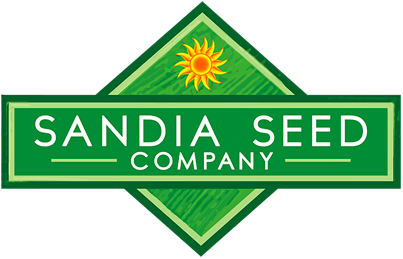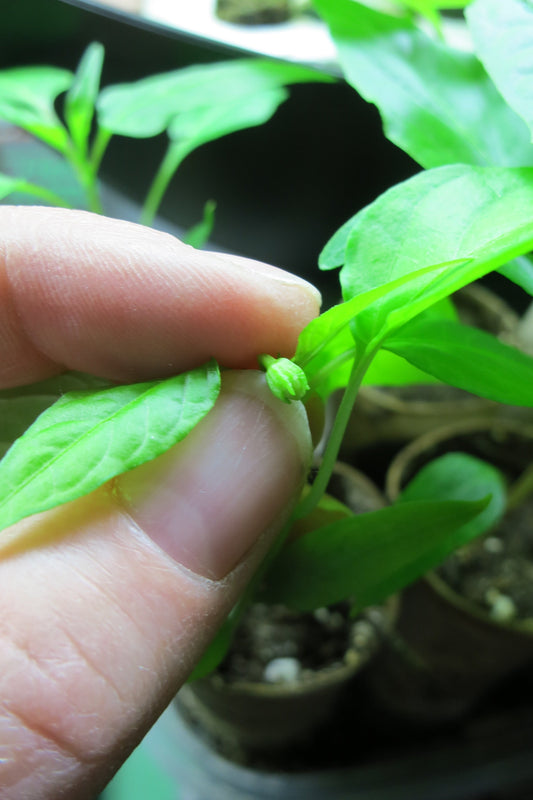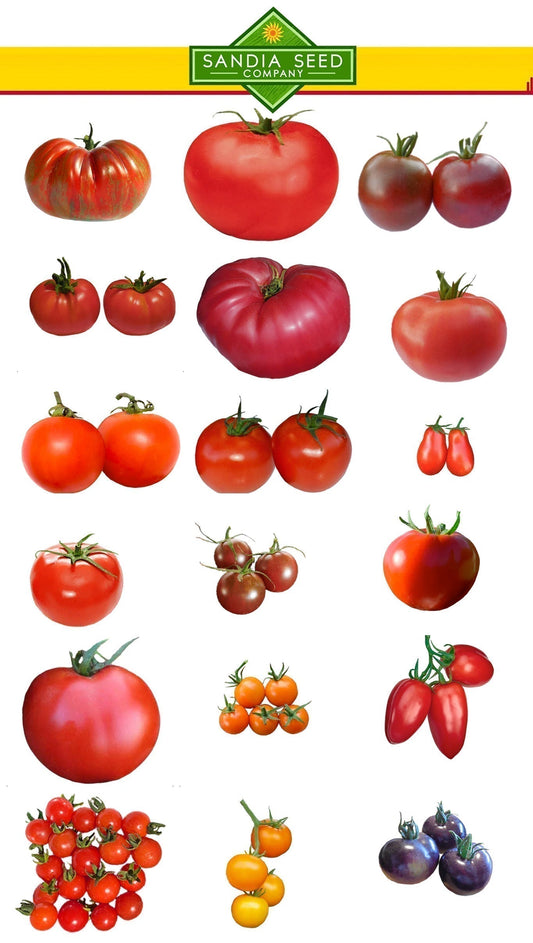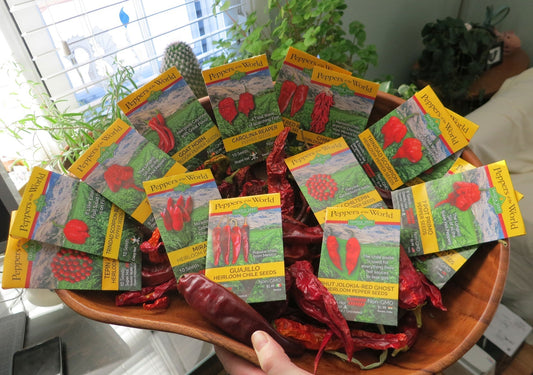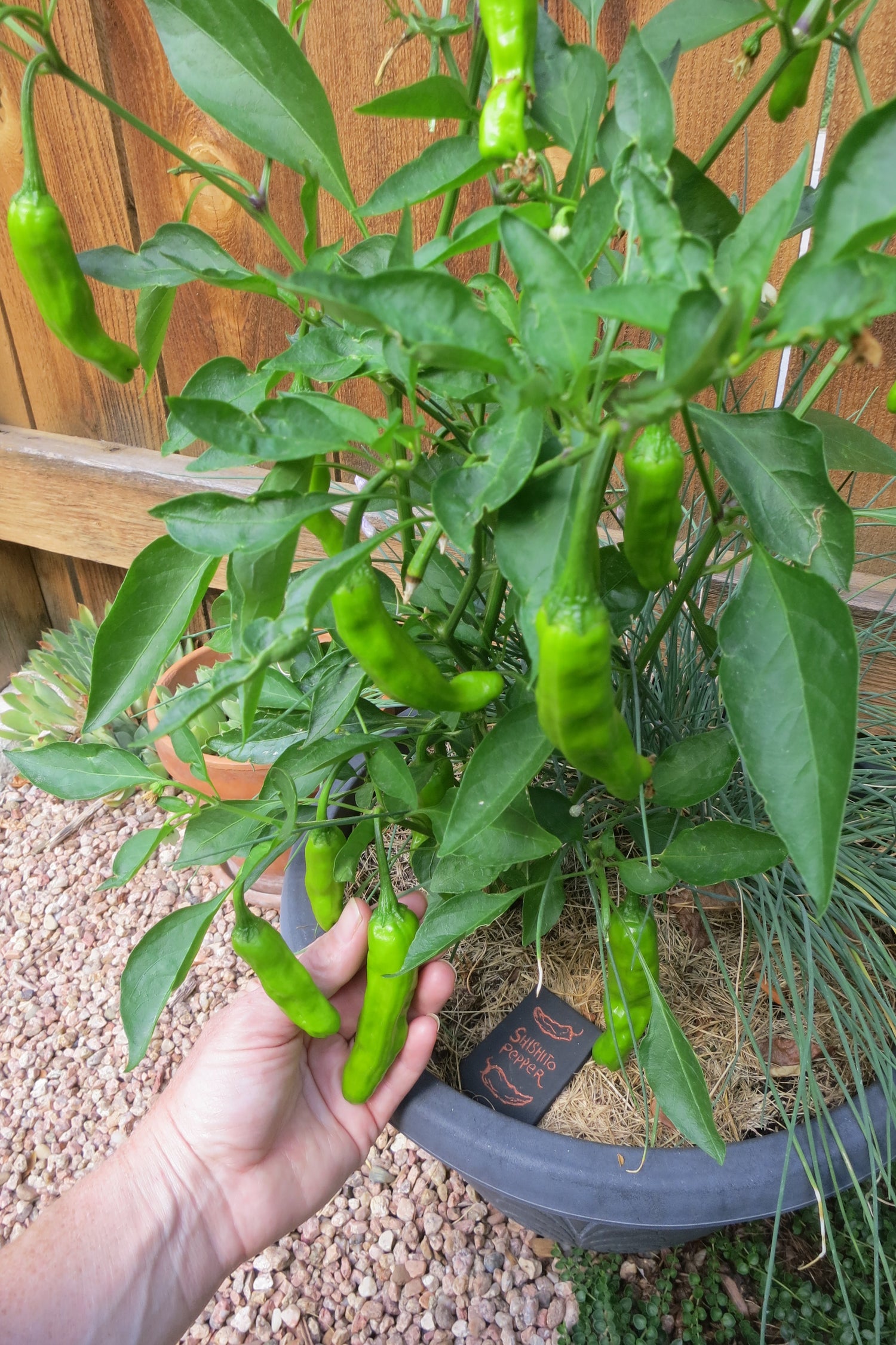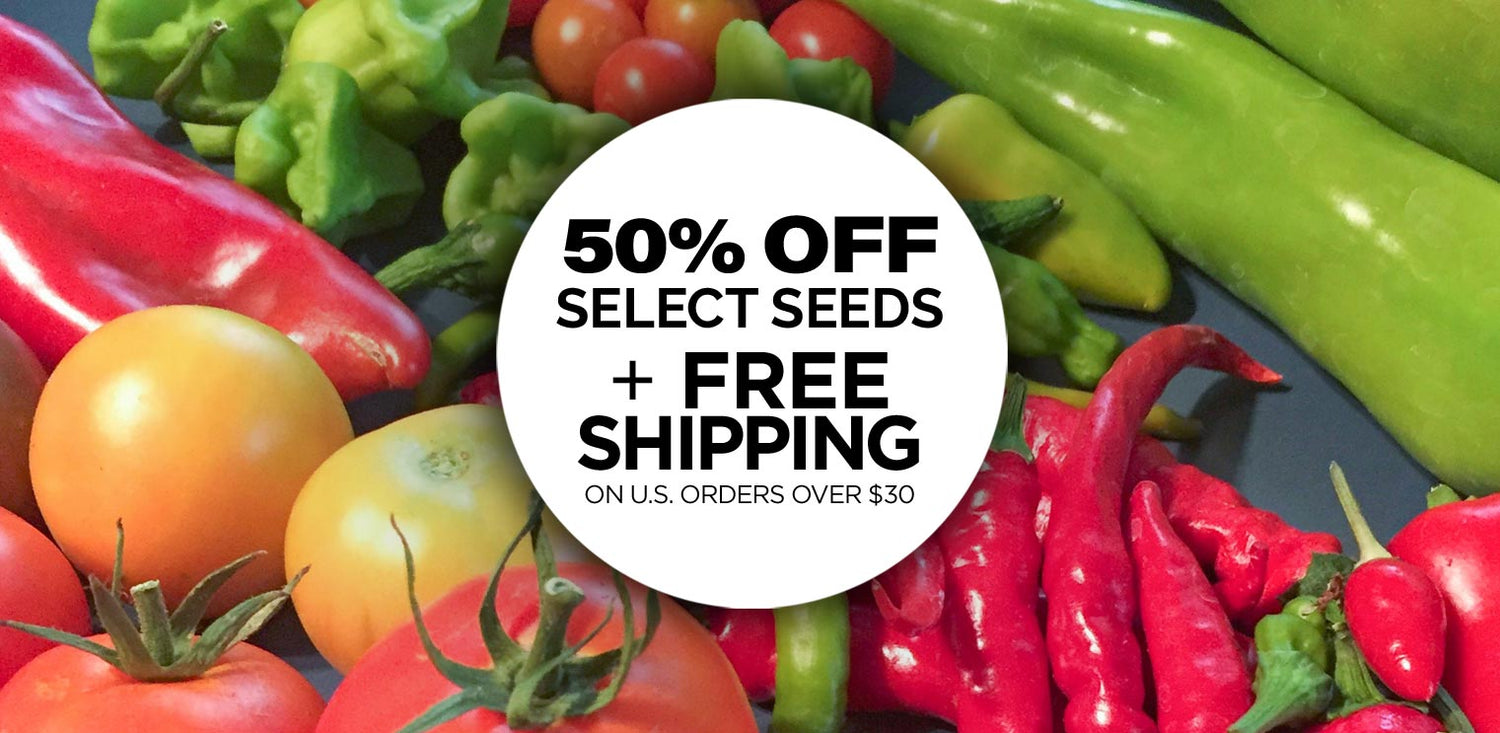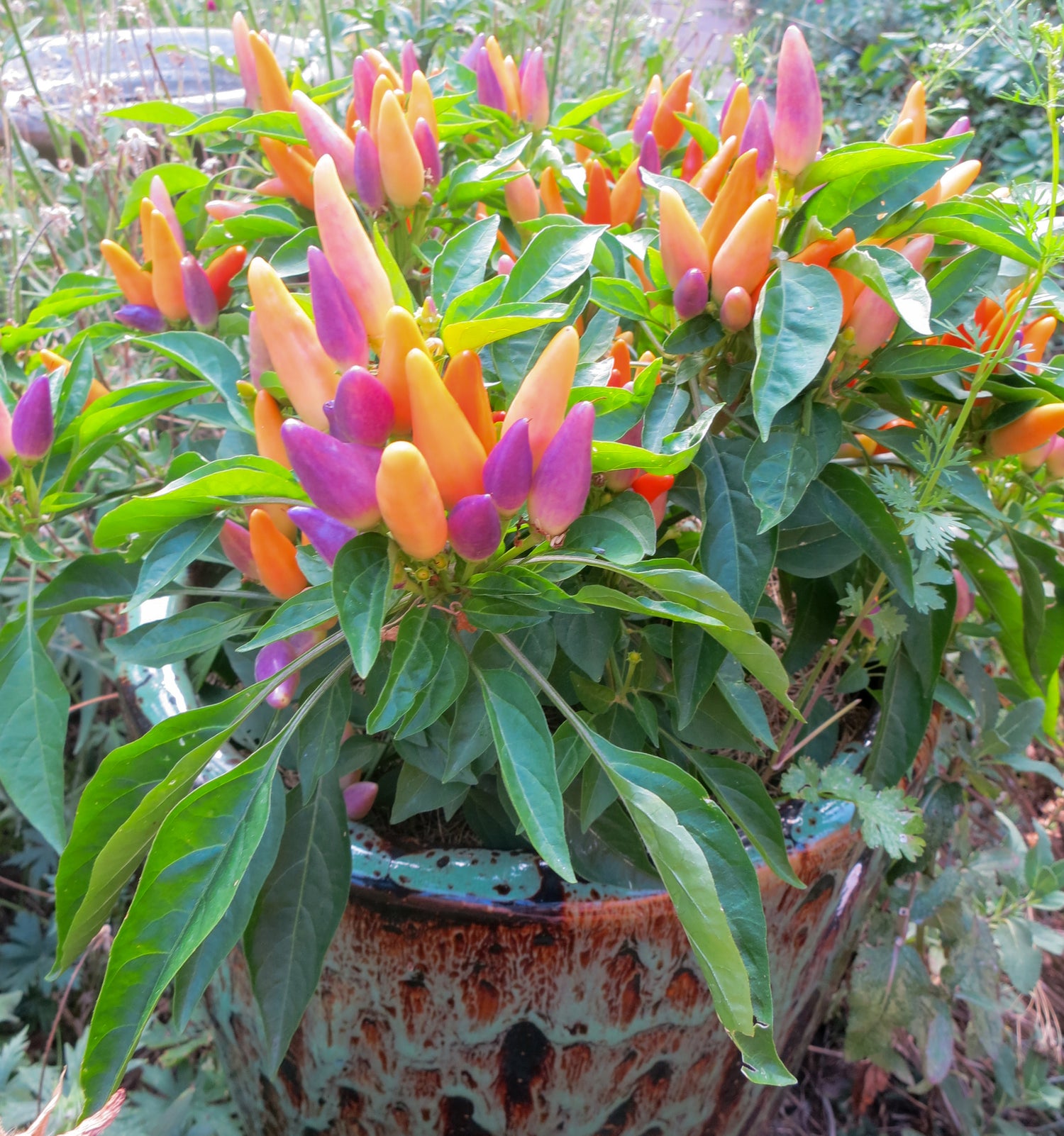
Even if you have some of the greatest soil around...
growing vegetables is a process that takes many important nutrients.
Tomatoes and peppers are heavy feeders and need readily available nutrients from the soil.
Most summer vegetables are heavy feeders, with tomatoes being one of the heaviest nitrogen consumers. Before putting your plants in the garden, work a slow-release fertilizer into the soil of the planting hole. A good organic slow release fertilizer is Dr. Earth Organic 5 Tomato, Vegetable & Herb Fertilizer 5-7-3. Apply a generous amount to existing gardens or 1/4 cup at time of planting or transplanting. Apply any time mid-season to supply a continuous source of nutrition to maximize your harvest potential and vegetable production. As an added benefit, this product is infused with select strains of beneficial soil microbes and strains of ecto & endo mycorrhizae – which will increase drought tolerance, and allow enhanced nutrient availability and increased plant performance.
The next important step is mulch.
Worm castings are an organic quick release fertilizer and provide a consistent source of nutrients. A good place to start is by applying a one inch layer of worm castings around each plant. It be reapplied every 3-4 weeks.The Wiggle Worm Soil Builder Castings are really good, because it is an excellent quick-release source of N, with a long-term, slow-release component. It also Inoculates soil with beneficial fungi & microbes from the worm gut. This one inch layer will also act as a mulch and will help prevent weeds as well as keep the soil a more consistent temperature.
Mulch and more mulch.
Additional mulch can be applied around plants for an even thicker mulch layer. Tomatoes are ok with mulch built up around their stem, but peppers don’t like it. So when mulching make sure it doesn't touch the pepper plant. When I say 'Mulch' I mean Organic Compost, either purchased or created yourself. This practice, combined with quick-release fertilizer guarantees readily available nutrients for vegetable plants to thrive throughout the growing season.
Quick release Organic Fertilizer every few weeks.
The quick release organic fertilizers are ideal for quickly growing bountiful amounts of tomatoes and other vegetables. A good granular is Jobe's Organic Heirloom Tomato and Vegetable Plant Food 2-5-3. The Jobe's organic food has an organic Biozome formula for fertilizing tomatoes and vegetables. The BioZome formula breaks organic matter into micro-nutrients that are easily and quickly taken up by the plant. Jobe's Biozome has three microorganisms - bacteria, Mycorrhizal, fungi plus a unique species of beneficial Archaea. If you have mulched around your plants and want to apply a granular fertilizer closer to the roots, simply move the mulch and place the granules directly on the soil. Then move the mulch back around the plant.
If you prefer an organic liquid fertilizer the Neptune's Harvest Fish and Seaweed Fertilizer 2-4-1 is a good product. It can be mixed in a watering can and applied directly on top of the mulch. Use 1/8 Cup or 1 fl. oz. per gallon of water. Fertilize tomatoes and vegetables with it every 1-2 weeks. Apply until soil is saturated or as a foliar feed until leaves are wet, top & bottom. It is best to foliar feed early or late in the day.
You will see immediate results with these techniques. Larger vegetables and more production is always a good thing!

Synthetic vs. Organic Fertilizers
Plants cannot distinguish between an organic or synthetic fertilizer – the nutrients are processed in exactly the same way. However, the similarity stops there. Chemical fertilizers add nutrients to the soil, but they don’t add anything else. Plants need more than just nutrients to survive. They also need organic matter and living organisms. Synthetic fertilizers do not support microbiological life in the soil. The application of a synthetic fertilizer actually kills a significant percentage of beneficial microorganisms. These tiny creatures are responsible for breaking down organic matter into a stable amendment for improving soil quality and fertility.
Don’t Panic Go Organic!
